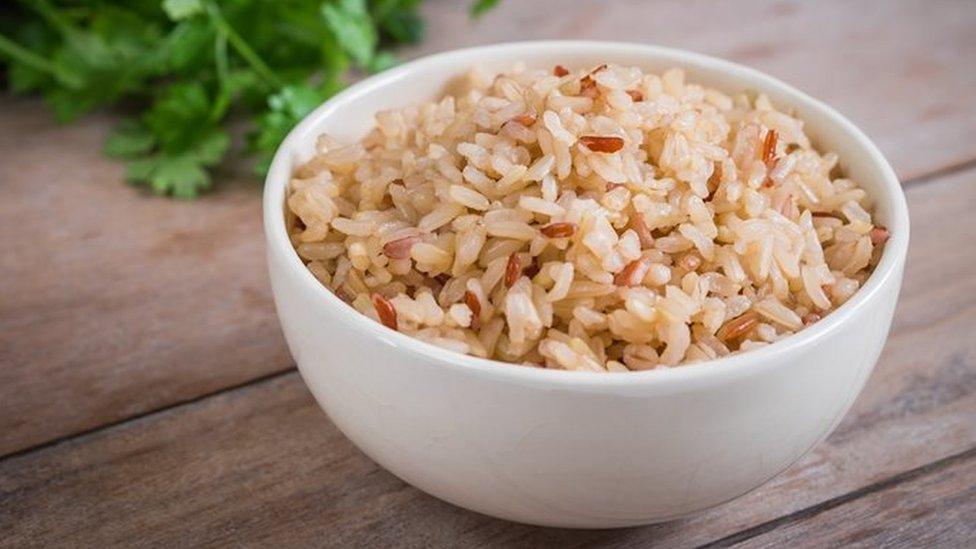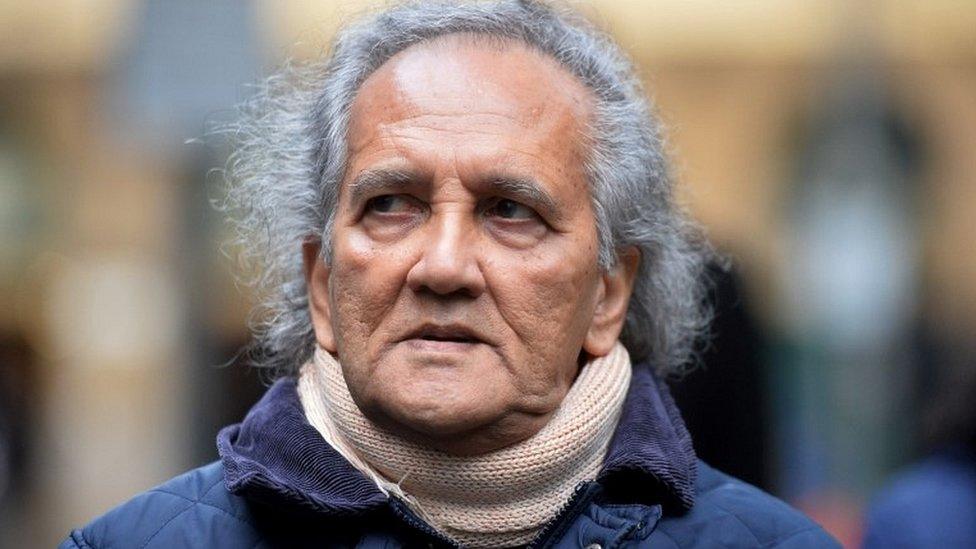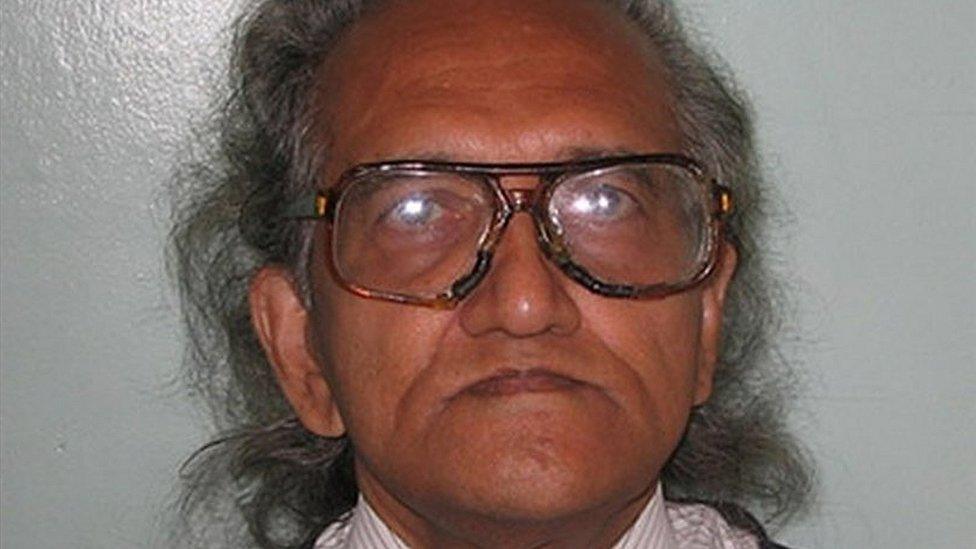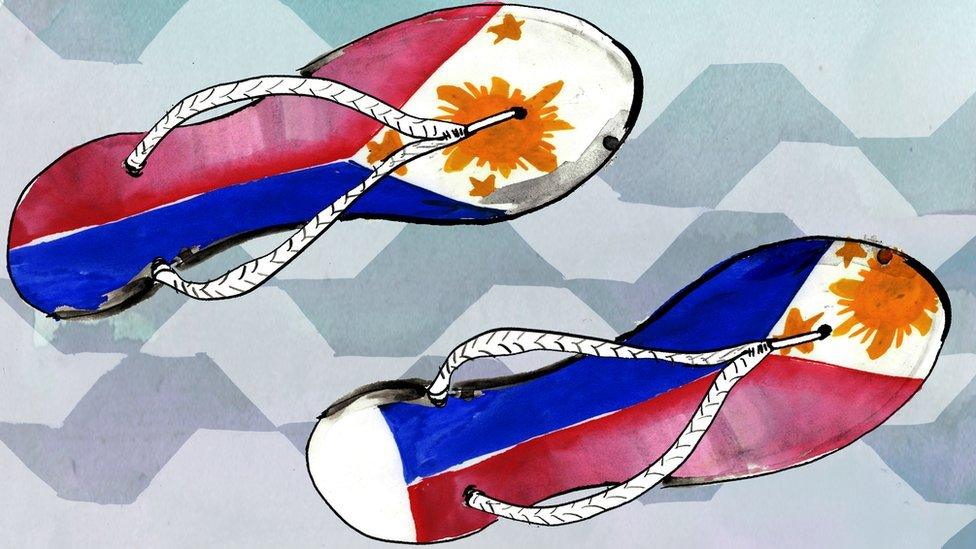Italy police break up macrobiotics slavery 'sect'
- Published

A strict macrobiotic diet tends to rely heavily on whole grains such as brown rice
Police in Italy say they have broken up a "psycho sect" that enslaved members by forcing them to adhere to a strict macrobiotic diet and cut off contact with the outside world.
Five people are under investigation over allegations including maltreatment and tax evasion.
Among the suspects is a business mogul who is accused of manipulating followers of the diet he created.
Mario Pianesi reportedly told them that Ma.Pi. would provide miracle cures.
The investigation started in 2013 after a young woman left the sect and denounced its head to police.
They found that as well as having to pay for the diet and give donations, members were coerced into working long hours with next to no pay.
Read more about modern slavery:
Mr Pianesi, a well-known macrobiotics entrepreneur in Italy, is said to have given long speeches espousing the doctrine of his diet and brainwashing followers.
The weight of one woman dropped to 35kg (77lb) as a result of adhering to his rigid regime, local media report.
Investigators said sect leaders specifically manipulated people with mental health problems, persuading them to turn away from traditional medicine.
The allegations include criminal organisation with the aim of reducing people to slavery.
The accused have not responded publicly.

What is a macrobiotic diet?
Developed in the 1920s by a Japanese philosopher called George Ohsawa
Draws ideas from Zen Buddhism
Focuses on reducing animal products, and choosing organic, locally grown and seasonal produce
Some people only eat whole grains such as brown rice, bean products and fresh fruits and vegetables
Others take a more relaxed approach and eat small amounts of meat, fish or nuts
Also includes lifestyle recommendations, such as only eating when hungry and only drinking when thirsty, and avoiding microwave ovens and electric hobs
Suggests avoiding flavoured, caffeinated or alcoholic drinks
Advocates claim it can help treat or cure cancer. However, Cancer Research UK states that there is no evidence to support this, external

- Published7 February 2018

- Published4 December 2015

- Published4 December 2015

- Published11 December 2017
